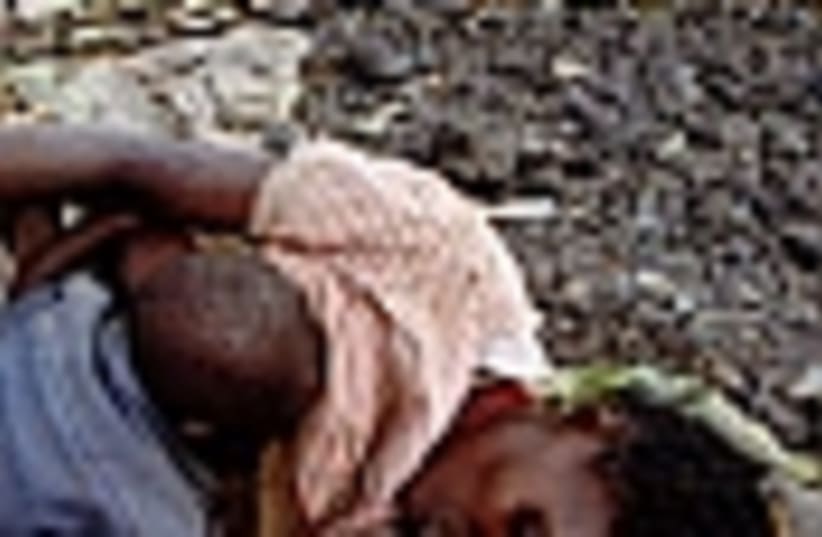Send us your comments >> Dr. Howard Chudler, Brea, CA, USA: I think a move like this is very correct. As a Jew, I have always felt it our moral responsibility to recognize and help others, especially those that have suffered like us - and especially those who ultimately could become our friends. This then begs the question...when does Yad Vashem then invite a representative from Darfur? Not only are they suffering genocide, but suffering genocide at the hands of Arabs. Maura de Bernart, Roma, Italy:Tod for letting me know about this seminar. In April 1999 - my mother, Myriam, a victim of 1938 racial laws, had died on March 26 that year - we held a seminar on racial laws in Forl and Rwanda, with C. and V. Finzi, members of the Jewish community in Bologna, and survivors from Rwanda, with a sense of common mourning. Then, in 2001, there was the terrible Durban conference... Tod , your article is a spark of "tikkun olam"...
| More about: | Israel, Bologna, War in Darfur |
